Review: THE HOURS Goes by in Minutes as Met Gives Birth to Fascinating Opera by Puts and Pierce
Joyce DiDonato, Kelli O’Hara and Renee Fleming Star in McDermott Production, Conducted by Nezet-Seguin
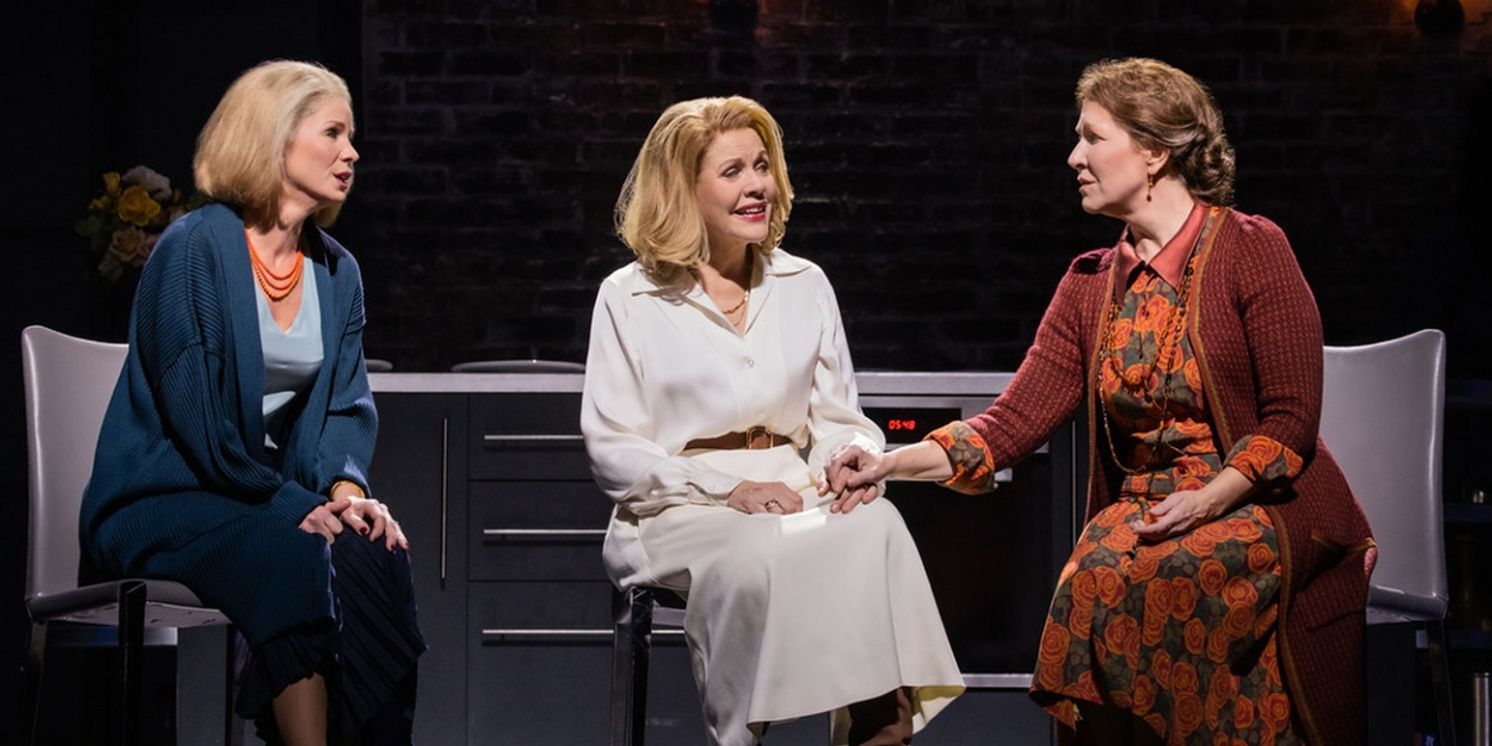
The Met gave birth to a fascinating new opera on Tuesday and it wasn't a moment too soon to unleash composer Kevin Puts's THE HOURS on an audience that sometimes seems doomed to die inundated by too many AIDAs, BOHEMEs and CARMENs.
The world premiere production of THE HOURS by Puts and Greg Pierce--the Philadelphia Orchestra, which shares its music director, Yannick Nezet-Seguin, was the co-commissioner and did it in concert form last March--was directed by Phelim McDermott. And, in case you've been living in a monastery, the cast was a starry one, led by soprano Renee Fleming (Clarissa), soprano Kelli O'Hara (Laura) and mezzo Joyce DiDonato (Virginia Woolf); all tortured to some degree or other--sola, perduta, abbandonata.
It's based on the novel of the same name by Michael Cunningham and the film starring Meryl Streep, Julianne Moore and Nicole Kidman in her Oscar-winning performance as Woolf.
Puts's luscious score kept reaching new highs, whether in the orchestral writing or in the vocal work for the three female leads and the stellar supporting cast (notably Kyle Ketelson and John Holiday) that surrounded them. He captures the different characters and their eras--spanning 1923 to 1999 told simultaneously--and locations, inserting sharp edges when they made sense, oppressiveness when necessary and dreaminess when it counted.
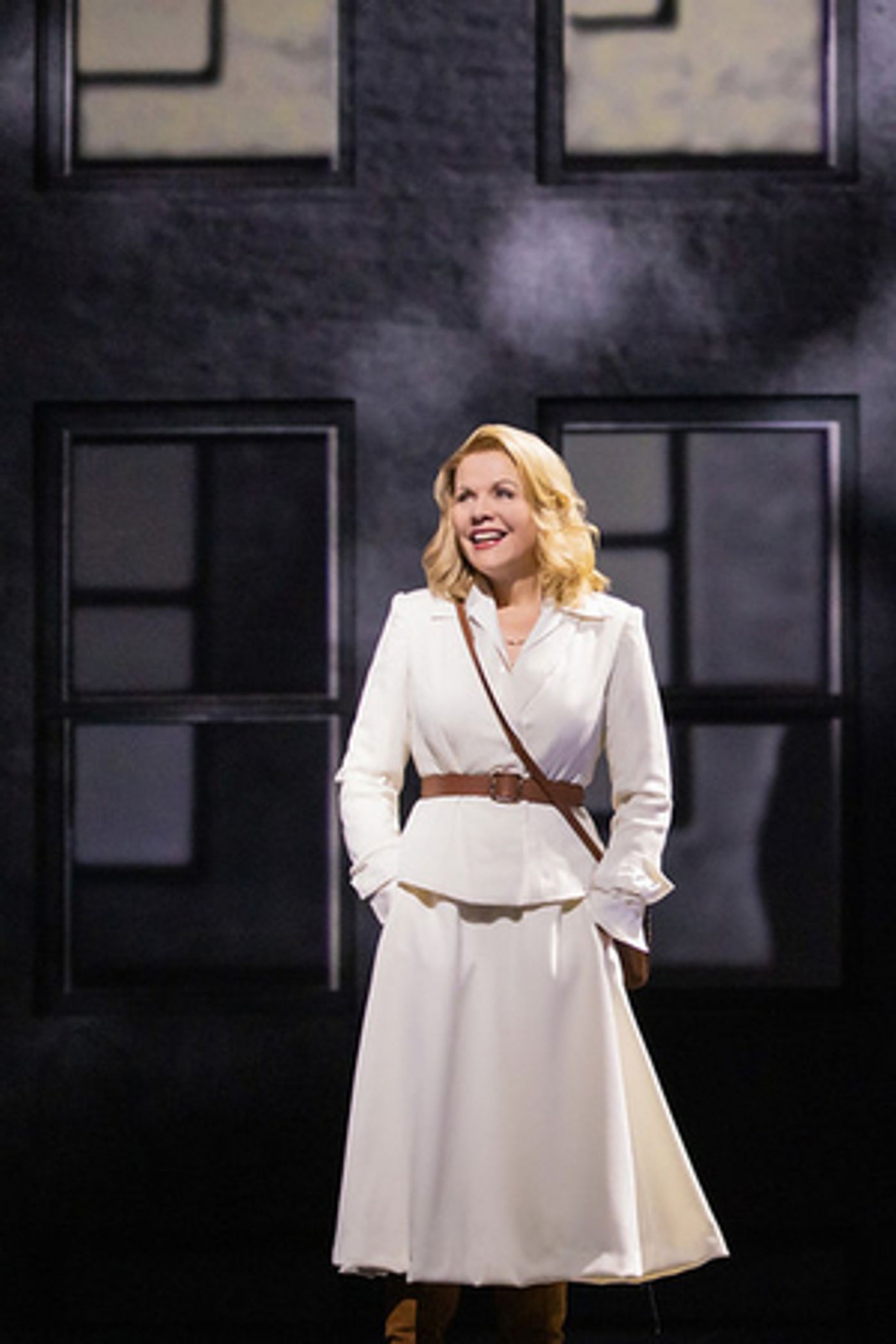
Puts lets each of the women have her own style, her own sound (in particular, Woolf's was chaotic), her own life until that perfect moment when they come together as the story dictates, with breathtaking ease. Some of the arias might be considered pastiche, but when the result is as fine as the opera's ending trio that gives a nod to the famed ensemble in DER ROSENKAVALIER, that distinction would certainly be quibbling.
The value of the librettist is often underappreciated, especially when we're listening to it in our own language. In a way, the writer must be the silent partner in the work: using enough words to fill in more than the outline of the character and story, while leaving enough room for the composer paint the key parts of the work. This is, after all, not a play but a musical work and the music must dominate. If you're hearing too much about a character through the libretto and not the music, it could be considered less successful than it should be.
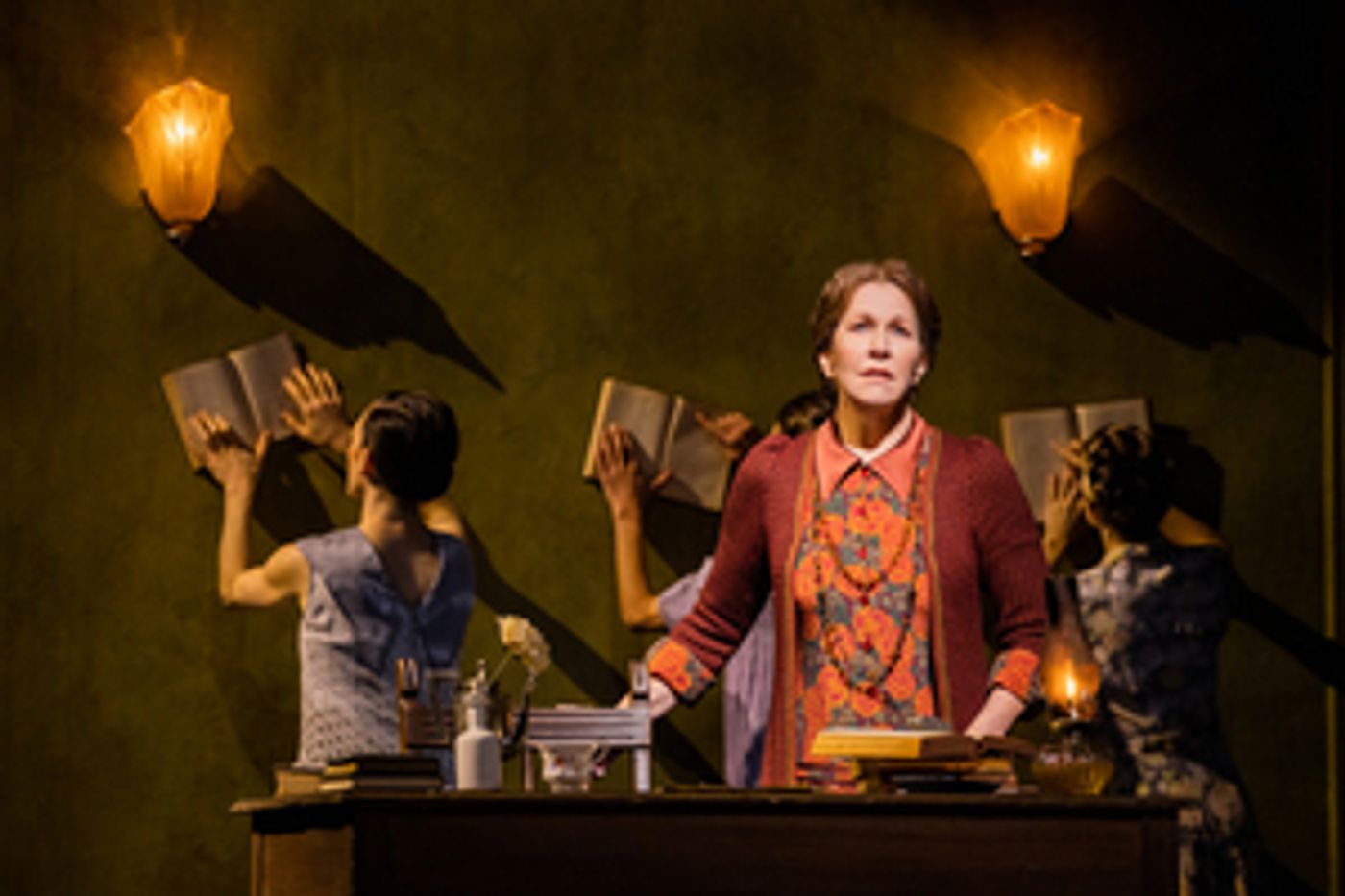
Met Opera
Greg Pierce did a splendid job with Virginia Woolf--with the inestimable aid of DiDonato's stellar work--working with Puts to capture her art as well as her instability, her neuroses. O'Hara's Laura was simpler to capture, I believe, as she hovered between an unhappy marriage and the unknown, and that worked well too. It was mostly Clarissa--Fleming--whom he had the most trouble in scenes alone, having the greatest success showing her interactions with Richard (the wonderful baritone Ketelson) and the planned celebration for him to accept an award; he is her friend, her onetime lover, essential to her life. Her relationship with her partner, Sally (Denyce Graves), however, remained mostly a cypher, present but not really there, and it's a loss.
DiDonato had the evening's triumph, as Woolf, capturing the audience from the moment she came on stage, struggling with the creation of her novel, "Mrs. Dalloway," which ties the three leads together. Whether dealing with her own shifting moods and relationships to her husband Leonard (a fine Sean Pannikar), her sister Vanessa (Sylvia D'Eramo, also Laura's friend Kitty) and the gaggle of niece and nephews, she was engulfed by the character but never feeling less than natural in it. (Her makeup, of course, was a big help, never giving a glimpse of being less than plain--without the prosthetic that Nicole Kidman counted on in the film.)
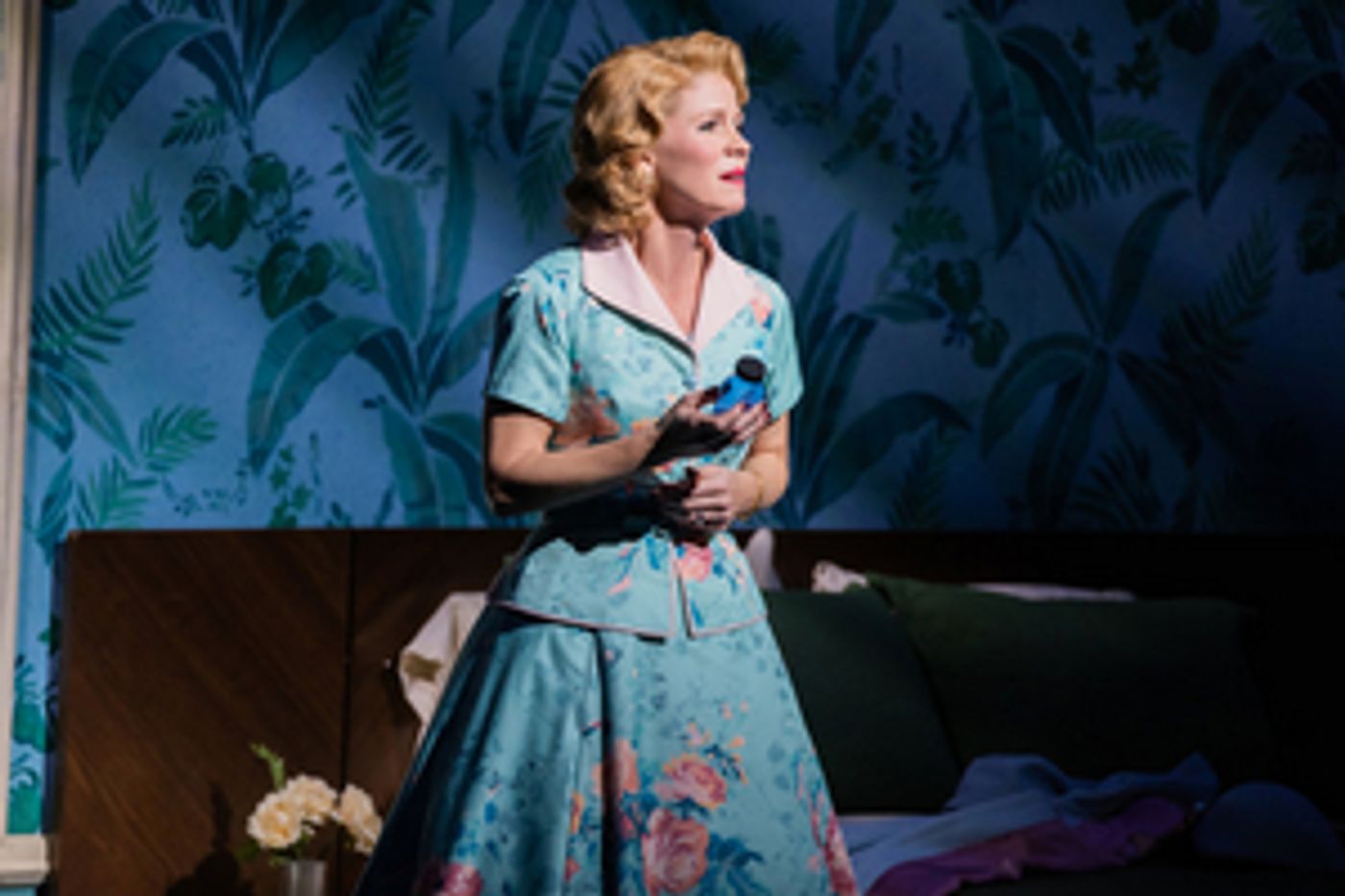
Zimmerman/Met Opera
She was joined by O'Hara, as the unhappy housewife played by Moore in the film, who is not only a fine, clear-voiced singer but a notable actress as well. She's able to let her own demons be seen clearly but allows Woolf's Mrs. Dalloway (the book was her companion throughout the piece) to lend her aspects to the story. She was entrusted with the opera's coup de theatre near the ending and pulled it off with dignity and grace.
Fleming, who gave up standard rep at the Met with her last Marshallin in DER ROSENKAVALIER, was the driving force behind the development of the opera, in her search for new roles to conquer. (She had the Streep role.) Unfortunately, she has some trouble not being Renee Fleming rather than the character she's playing--I found that with her Blanche in Previn's A STREETCAR NAMED DESIRE. (Even in a role written for her, as this was, she often couldn't find the there there.) She seems to be loath to give up her glamourous self to give the character a life of her own. In fact, she was most at home when she was playing off Richard and in the final trio when she could concentrate on her vocalism, though even there her success was varied.
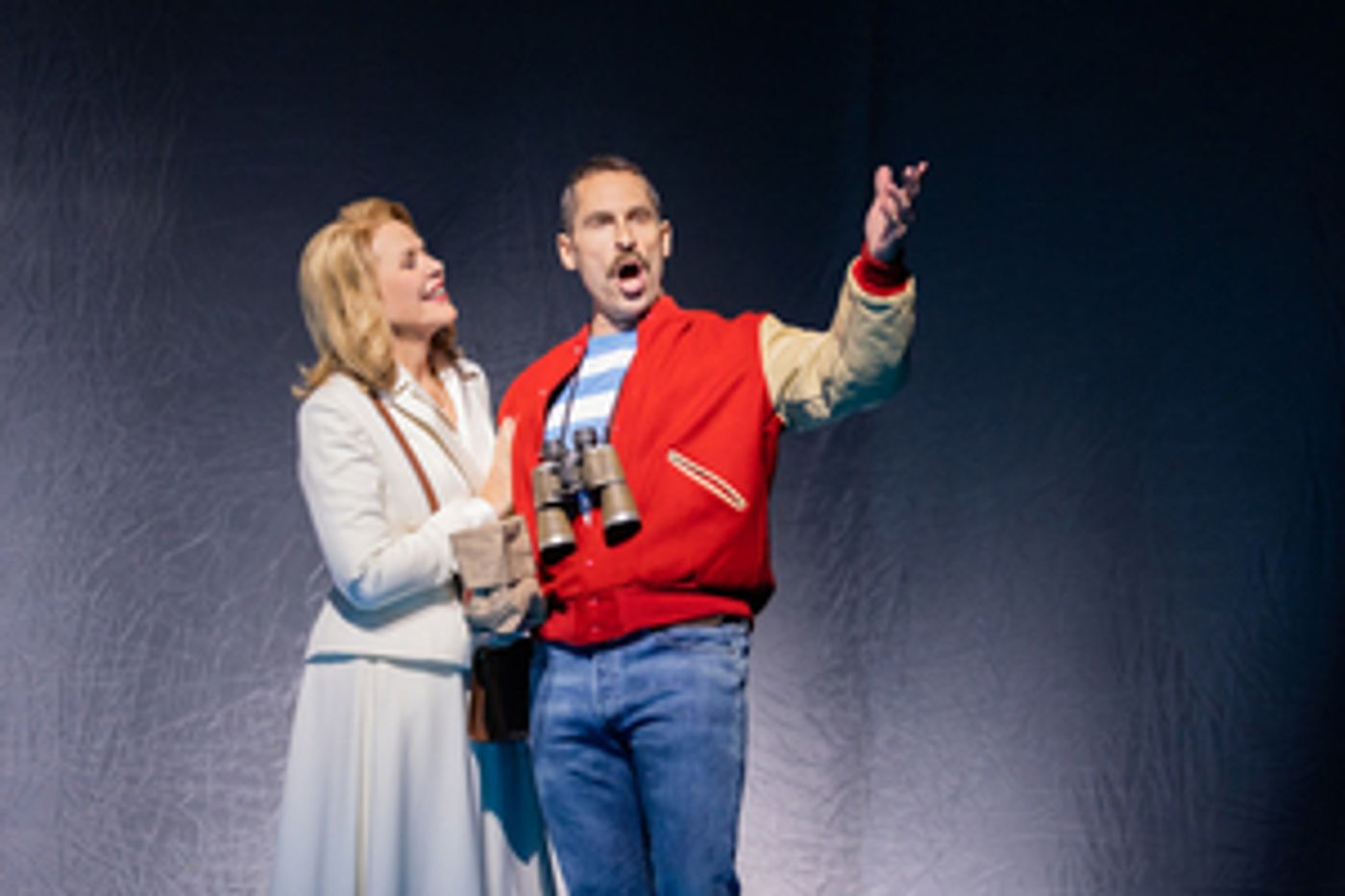
Evan Zimmerman/Met Opera
Mezzo Denyce Graves was fine but, unfortunately, had little to do, as Clarissa's lover Sally, an underdeveloped character. Bass-baritone Brandon Cedel brought sincere humanity to Laura's husband, Dan.
But sonorous baritone Ketelson brought distinction to the role of Richard and the resoundingly sweet countertenor Holiday, wandering in and out, added soprano-ish heft to a couple of minor characters. Soprano Kathleen Kim was joyous in her Mozart-inflected scene as the florist who startles Clarissa with a kiss.
The sublimely skilled Nezet-Seguin led the Met orchestra to great effect, as if they, like the audience, had been waiting for this score all their lives. The chorus, under Donald Palumbo, and dancers, with Annie-B Parson's choreography, played out the inner thoughts and conflicts of the three women, a brilliant concept that I thought, nonetheless, was a little overdone by the director. Otherwise, his fluid direction brought to mind Philip Glass's score for the film (which Puts had avoided), undulating and weaving the scenes seamlessly.
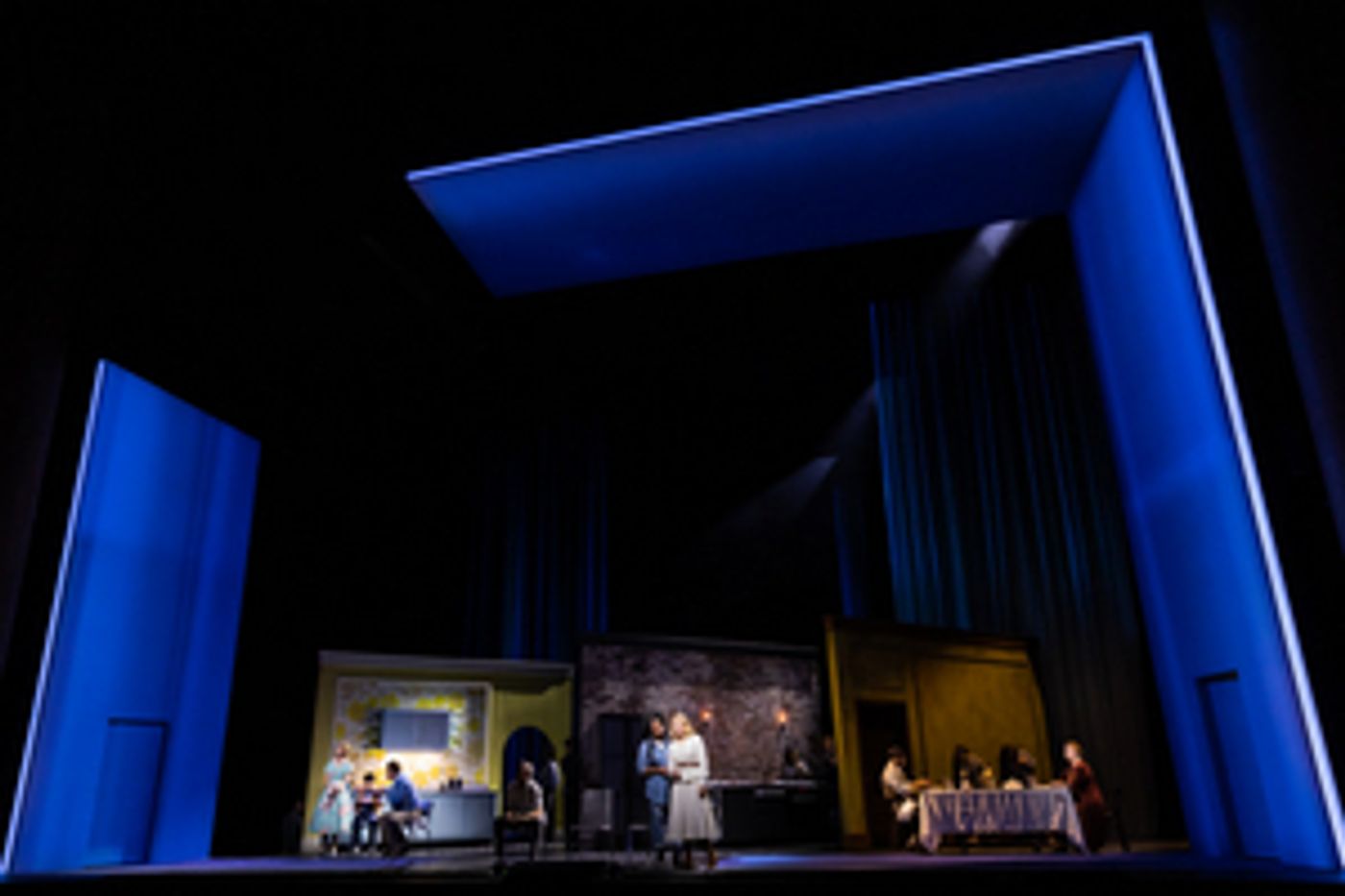
Set and costume designer Tom Pye visualized each of the women's environments as parts of a whole--not necessarily looking alike but feeling like it, using the lighting design of Bruno Poet. The separate worlds, existing across space and time (as the Met describes it), collided just before the end, when the identities of Laura and Richard suddenly becomes clarified in that coup de theatre I mentioned earlier, with O'Hara performing subtly but brilliantly.
Still, Pye's most beautiful effect, I thought, was the swelling, surging banner backdrop (projection designer Finn Ross) in a flashback scene to Wellfleet on Cape Cod, where Clarissa, Richard and his lover Louis (William Burden) spent one vacation, though only the first two seemed to share a real intimacy.
In the end, my reservations may seem somewhat like hairsplitting, for an opera experience as meaningful, and as wondrous to hear, as THE HOURS.
THE HOURS will be performed through December 15 at 7pm; others will be on November 28 at 8, December 1 at 7, December 4 at 3, December 7 at 7:30 and December 10 at 1. See the Met's website for more details and tickets.
The December 10 performance of THE HOURS will be transmitted on the Met's Live in HD in theatres worldwide. For specifics, see the website.
The Met has also created The Met: Live at Home for audiences who do not have access to a participating movie theatre for its Live in HD cinema transmissions. See details on the website.
Reader Reviews
Videos

